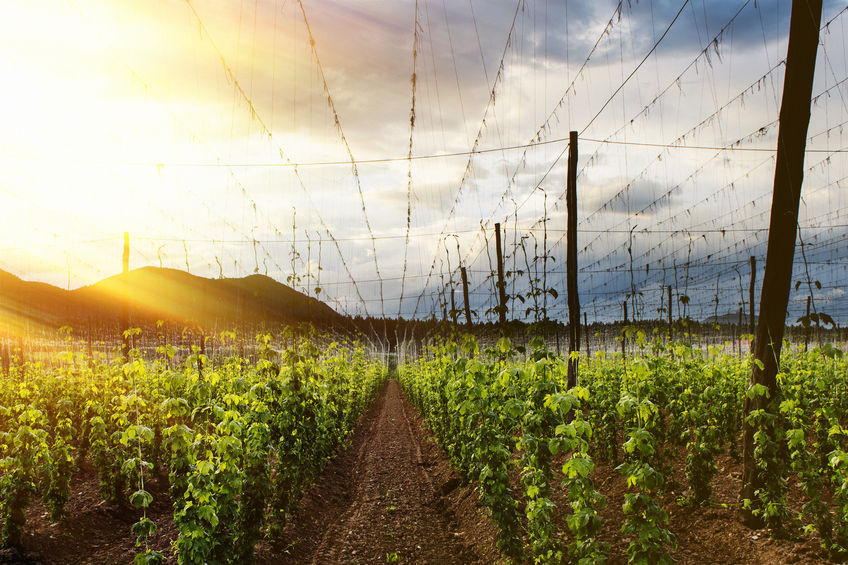
Wine grown in Sussex is being considered under the EU protected food names scheme.
The government has applied to the EU to get Protected Designation of Origin (PDO) status for the product, often called 'Sussex Sparkling'.
Sussex wine producers have already won some of the top accolades in the world, winning ‘Best Sparkling Wine’ in worldwide international competitions no fewer than eight times
Sussex PDO will introduce a stricter set of rules regarding both viticulture and oenology, including limiting the grape varieties that can be used, demanding higher natural alcohol levels, as well as other higher analytical standards.
Sussex wines will also have to pass a qualitative assessment and the PDO stipulates longer bottle ageing for Sussex sparkling wine.
It comes as news that British growers will plant a record 1 million vines over the next 12 months, allowing growers to produce 2 million more bottles of wine a year.
The PGO application has completed national UK scrutiny and has now been submitted to the EU for scrutiny.
84 protected UK products
To get a product protected under PDO, it must be produced, processed and prepared in one area and have distinct characteristics from this area.
There are 84 protected food names in the UK, including food products, wine, beers, ciders, spirit drinks and wool.
The EU protected food and drink name scheme covers regional and traditional food and drinks whose authenticity and origin can be guaranteed.
Some of the most famous products include Stilton cheese, Gloucester Old Spot sausages and Melton Mowbray pork pies.
However, the protected produce could be at risk when the country leaves the EU, according to former Prime Minister David Cameron.
Writing in The Gloucester Citizen last year, he said farmers would lose the protected status awarded by the EU for produce made in their traditional areas.
